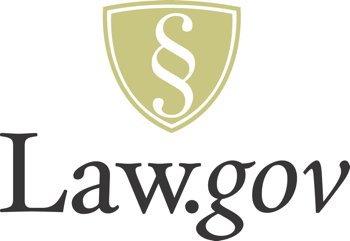“The primary legal materials of the United States are the raw materials of our democracy. They should be made more broadly available to enable an informed citizenry.”
From Law.gov’s declaration and 10 supporting principles. Here are the 10 principles, in my words:
- No direct fees for accessing the law. (Indirect fees, primarily taxes, are preferred because the cost of providing access is shared by many.)
- Copyright on legal materials must be done away with; this practice limits access. (Some states and local governments assert copyright on their laws!)
- People should be able to download the law in bulk (e.g., the entire U.S. Code, not just a section here and there.)
- Online law needs to be authenticated so we can trust that it hasn’t been messed with by mischievous or angry hackers (or worse).
- Old stuff is important too! Earlier versions of the law need to remain online in a stable location.
- We shouldn’t be required to cite to commercially-produced versions of the law, which creates a burden for those who don’t have access to Lexis or Westlaw.
- We need good technical standards for online versions of the law. We need some uniformity in those standards.
- Governments need to make the law available in a format that can be processed by computers. That way web designers can use the law to develop useful Web sites. The law also must be the official, definitive version.
- Government needs to fund research into the challenges of putting the law online, including privacy issues.
- Some government entities, especially at the state and local level, need help complying with these principles. We need a program to educate and train them.
Click here for more on Law.gov.




